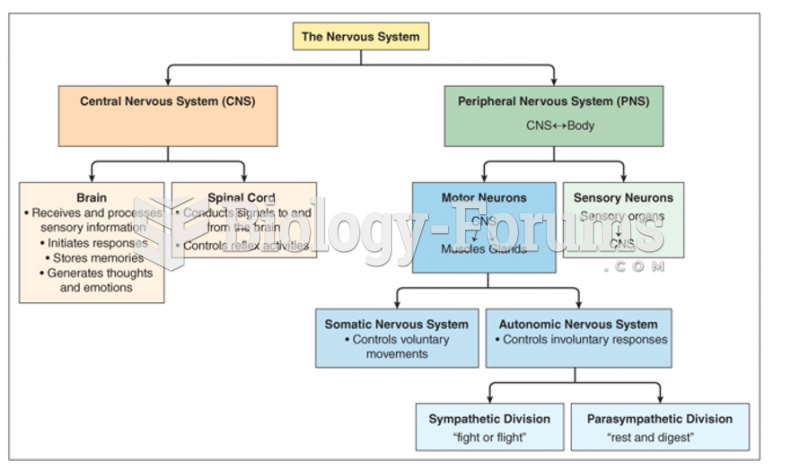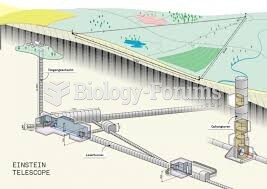|
|
|
More than 150,000 Americans killed by cardiovascular disease are younger than the age of 65 years.
The immune system needs 9.5 hours of sleep in total darkness to recharge completely.
The heart is located in the center of the chest, with part of it tipped slightly so that it taps against the left side of the chest.
The Food and Drug Administration has approved Risperdal, an adult antipsychotic drug, for the symptomatic treatment of irritability in children and adolescents with autism. The approval is the first for the use of a drug to treat behaviors associated with autism in children. These behaviors are included under the general heading of irritability and include aggression, deliberate self-injury, and temper tantrums.
Drug-induced pharmacodynamic effects manifested in older adults include drug-induced renal toxicity, which can be a major factor when these adults are experiencing other kidney problems.







